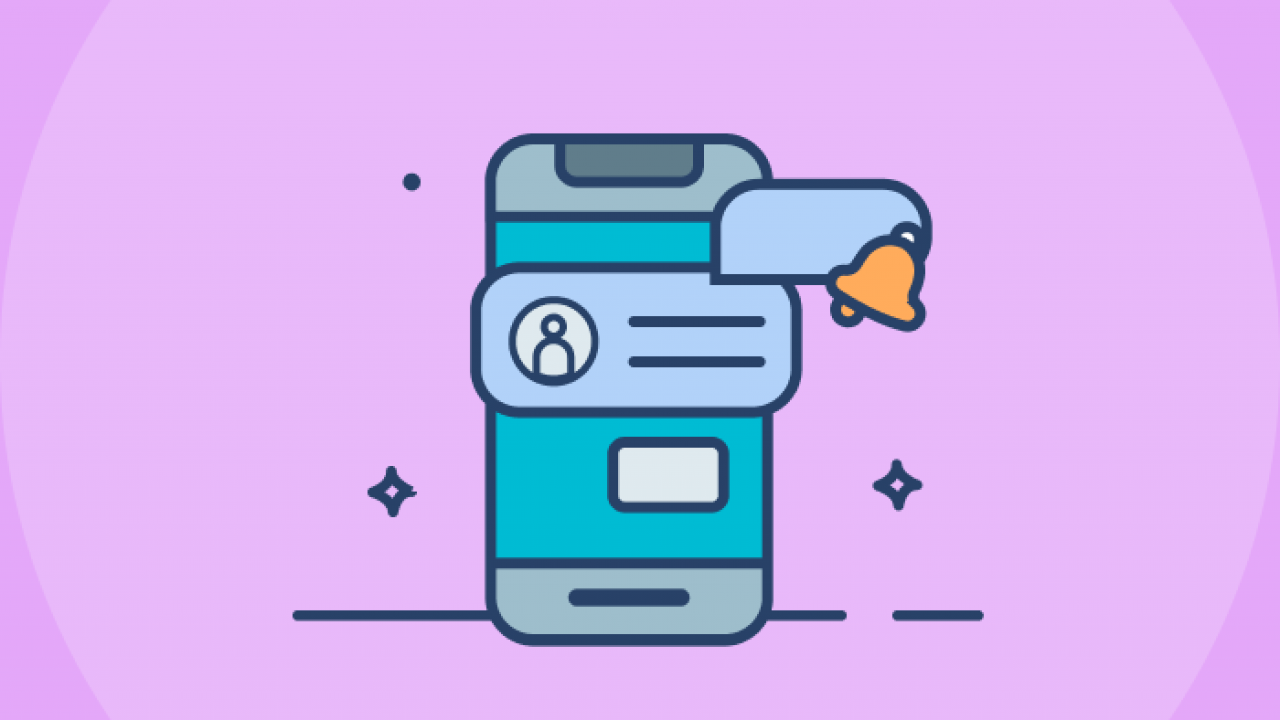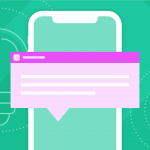Locking in loyalty: how digital programs help drive customer experience and retention

Customer experience (CX) expert Shep Hyken provides a couple of sayings that resonate with today’s retail environment: “Satisfaction is a rating. Loyalty is a brand,” and “There is a big difference from a satisfied customer and a loyal customer.”
Ultimately, satisfaction = good. Brand loyalty = 100 percent better.
We all know this is true, particularly in a swiftly changing, touchless-driven retail landscape. It costs six to seven times more to attract a new customer than retain an existing one, so loyalty is paramount to thriving in retail today. Without loyalty, your customers can easily go elsewhere — leaving your brand in the dust. With a loyalty program that draws them into your four walls, however, you can effectively compete.
The loyalty game has changed thanks to digital, and savvy retailers know they need to weave technology into their brand experience to remain relevant and competitive. Pandemic or not, consumers crave experiences that bring them closer to your brand, and digitally driven loyalty initiatives are a sure-fire way of attracting them into your doors and coming back for more.
Here’s what you need to know to create a loyalty experience fit for 2021.
A Stamp Card Doesn’t Cut it Anymore
In the wake of COVID-19, retailers are re-evaluating what’s important to consumers and redefining what their loyalty initiatives look like. The big question: What drives brand loyalty in this new marketplace?
In the age of touchless, retail leaders must go bigger than stamp cards and lean into digital to drive customer relationships. In fact, brand loyalty firm Bond found that 95 percent of loyalty program members want to engage with their brand’s program through new and emerging technologies — think artificial intelligence (AI), virtual reality (VR), mobile (contactless) shopping experiences, and more.
However, creating a compelling and successful loyalty program isn’t as straightforward as it once was. It requires providing customers with options that incentivize repeat purchases that offer true value to members.
Programs Turn ‘Sometimes Shoppers’ Into Consistent Ones
Like in all aspects of their lives, today’s shoppers want instant gratification. Offering immediate rewards to loyalty members results in consistently shopping your brand. In fact, most retailers (86 percent) report offering benefits from the start — within the first week — prompts more consistent shopping. By waiting to provide benefits within the first month, the numbers go down to just over 60 percent.
And when it comes to the younger set — millennials and Gen Zers — loyalty programs can be a game-changer. In fact, nearly three-quarters of millennials joined a loyalty program to receive holiday shopping discounts in 2020. And roughly three-quarters of Gen Zers report that they’re highly influenced by loyalty programs. As these groups continue to gain the lion’s share of spending, retailers need to prioritize what keeps them coming back.
Tips for Loyalty Program Development
While we know that loyalty programs are important, studies show that 65 percent of consumers engage with less than half of the loyalty programs they belong to. This means that retailers need to be strategic and thoughtful when it comes to their initiatives.
As you’re building out your loyalty program, here are a few best practices to consider:
- Integrate with point-of-sale (POS) devices. It’s important that your in-store technology is working in lock-step with your loyalty initiatives to make it easy for store associates and shoppers alike to engage. Ensure your devices can easily scan QR or barcodes to identify a customer to earn rewards. Studies show that 85 percent of customers who have redeemed loyalty points through their mobile phones say their experience has been improved by that technology.
- Drive foot traffic with push notifications. Utilize location-based alerts to let nearby loyalty customers know when there’s a deal or rewards opportunity especially for them. This will help drive footfall and reach customers when they can conveniently shop your brand, and benefits don’t stop once they’ve entered your store. Automatic offers that come to a shopper while in-store improved the experience for 85 percent of loyalty program members who have tried this functionality.
- Leverage data to create a personalized experience. Oftentimes by sharing their personal data with a brand, consumers expect that it helps to better their CX. Successful loyalty programs take the data they’re given — e.g., contact information, mobile app access, shopping behaviors — to give consumers more of what they want. But word to the wise: data is a powerful tool, but also a sensitive one. Sixty-nine percent of consumers say they would stop doing business with a brand if data usage became too invasive. Retailers must give shoppers the ability to decide what they want to share.
- Continue to evolve your loyalty programs. Don’t set and forget this vital touchpoint to your most passionate customers. As conditions change, particularly in this constantly fluctuating environment, think through what your customers need right now and what they might need in the future. Then use your loyalty programs to deliver more relevant experiences again and again.
The bottom line is this: Loyalty programs, particularly those delivered in a contactless fashion, enhance the shopper-brand relationship. Customers crave the benefits they offer, and without them, you could be inadvertently prompting your customers to shop elsewhere. Therefore, if you lack a digitally driven customer loyalty program, there’s no better time than now to offer one up. It will help not only enhance the customer experience, but boost retention as well.
___
by David Wilkinson
source: TotalRetail

